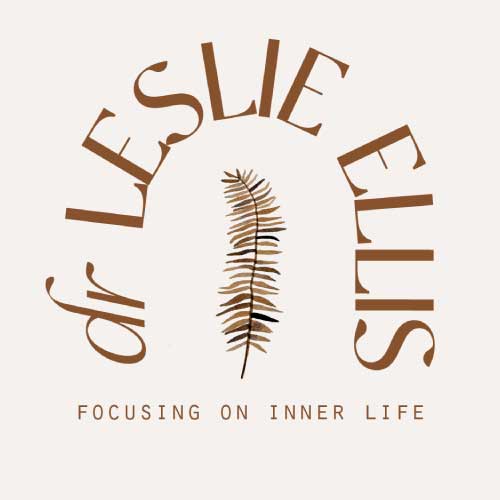Feel into the dream images to arrive at your own answers
Yes, you read that correctly. So many people come to me with a dream image or story and want an immediate answer to the question: what does it mean? It’s natural to want to know this because dream images are often so strange and powerfully evocative that we sense there is meaning in them.
But I want to impress on you that meaning in dreaming is not the same as an intellectual understanding or a goal-oriented response to the image. Dreams almost never present a life situation and spell out what you should do. They are asking you to do something quite different – to feel into the image and arrive at your own answers.
When friends ask me what their dream means, I think they are often looking for a particular solution, a quick explanation that will make the dream make sense. But this isn’t how dreams convey meaning. When we’re dreaming, our prefrontal cortex, the part of our brain that thinks logically and makes plans for the future, is mostly asleep. That’s why we can’t seem to find our gate at the airport, act in a decisive fashion, or even notice that we are in the strange world of dreaming. Dreams don’t come from a place of logic but instead are mediated by a different set of neural correlates, the same as those active in daydreaming. It is an imaginative and creative state that moves forward in non-logical steps.
Dreams are the same – they are a world apart from logic, characterized by images and infused with emotion. So to really understand a dream, you need to feel your way into the image. The meaning will come through your body and not necessarily in words, but rather in a felt sense of meaning and of depth. Dream meaning takes you deeper than words, so to really grasp it I suggest you first revisit it experientially, immerse in the felt meaning and then you can try to express this in words, images, music, movement, or whatever medium seems best.
This creative expression will point to the meaning of your dream, though may never quite capture it all. This is because we never have perfect recall of our dream-state experience. There is always a sense of having left far more insight and experience in the dream realm than we can recall. We are left with snippets and fragments and can piece a sense of the whole together from there. It will be imperfect, much like a piece of writing or drawing will never be exactly like what you are trying to express. But the attempt to express is what will bring you closer to how your dream expresses the felt meaning it carries.
Meaning and memory sources are not the same
Sometimes dreamers think they understand the meaning of their dream because they can identify the memory sources of their dream. If they saw a scary movie the night before dreaming about a ghost, they’ll say the movie is why they dreamt about a ghost.
This is only partly true. Dreams do pick up ‘day residue’ and also older memories as source material. I see these as a palette for our dream-maker to draw from and recombine so that the dream weaves images that are uniquely meaningful to us. I believe particular images are presented in a way that evokes a nuanced kind of felt sense that we will recognize. Dreams draw from images from our past and yet mostly create new images that are hybrids of things we know and things that are new. Just because you can recognize the memory source doesn’t mean that you already know what the dream means. You’ll still have to feel your way into the image, to understand it at an embodied level.
Dreams express themselves through an embodied emotional experience and can only truly be understood if you re-enter that experience and allow it to speak to you. If you’re looking for a tidy, simple explanation of your dream, you are not going to find it. Or if you do come up with an explanation like that, it may satisfy your intellect, but it won’t be complete. Instead, it will be a delimiting version of what your dream might mean. Like a felt sense, the dream always means more and can open us up to much more than we can immediately say about it. This is part of what makes them so deeply evocative.

